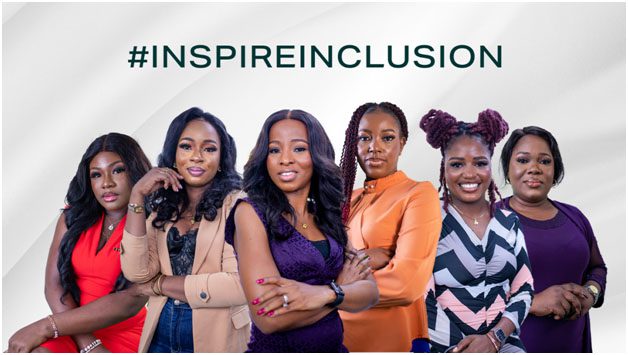The European Union delegation to Nigeria on Friday urged political parties to adopt strong measures and plans to increase women’s participation and representation.
It was pointed out that the active involvement of women at all levels of decision-making and politics is important for achieving equality, sustainable development, peace, and democracy.
The EU further emphasized the urgent need for political parties to revise and update all founding and policy documents, such as political parties’ constitutions, manifestos, party rules, procedures, and strategy documents, to include national and international norms and obligations on gender equality.
The European Union Ambassador to Nigeria and ECOWAS, Samuela Isopi, made this known during the Women in Parliament Summit in Abuja, in commemoration of International Women’s Week.
It was organized by the European Union Support to Democratic Governance in Nigeria with the theme: Inspiring Inclusion: Policy Mechanisms for Gender Parity in Politics.
She said, “The ongoing constitution reform process presents an opportunity to adopt an inclusive legal framework that promotes equal participation of all Nigerians regardless of gender, ethnicity, age, and disability status.
“In Nigeria, the advocacy for women’s political participation has been long-running, and despite the very dynamic
interventions by women’s groups and other key stakeholders, their representation remains in steady decline.
“For example, women’s representation in the 10th National Assembly is 7.4 per cent out of 469 combined seats in the Senate and House of Representatives.
“There has been no woman elected governor in Nigeria’s 25 years of democracy, and the percentage of women appointed to political positions still falls significantly short compared to men. I am not quoting these figures to make it seem impossible, but to show that it is indeed possible.
“It is recognized that political parties are the ‘real gatekeepers’ to women’s political empowerment. If the political parties institutionalize gender equality measures and transform from within, it will have a direct impact on women’s equal participation and representation in Nigeria.”
Ambassador Isopi urged political parties to set women’s representation in their decision-making bodies, such as the National Executive Councils and directorates for elections, at not less than 30 per cent, which is considered a critical figure for women to have any influence.
“The political culture in Nigeria is based on patriarchy and the ‘unwritten’ rules on male privilege within political parties. Often, only women whose husbands support them or have a legacy of family political activism make it to the top.
“On our part, gender equality and women’s rights are top priorities of the European Union. This is true both internally and regarding the EU’s approach to international cooperation. To achieve this, the EU launched its third Gender Action Plan on November 25, 2020.
“The Gender Action Plan aims to help establish a gender-equal world where women and girls enjoy their human rights in full and fairer societies, in which everyone has the space to thrive with no one left behind.
The EU has been supporting women's involvement in politics in Nigeria since 1999. They have provided technical help through electoral support programs worth over 180 million euros.
Different methods have been created to help women get involved in politics, such as supporting women as candidates, voters, and in electoral observation.
Miriam Onuoha, Chair of the House Committee on TETFUND, suggested moving away from traditional advocacy and instead getting support from cultural and faith-based institutions to promote female candidates.
Even if women have some political power, it's still important for them to be at the decision-making table to ensure their priorities are not overlooked or diluted.
Marie Ebikake, a House of Representatives member, has been involved in politics for 44 years and emphasizes her grassroots connections.
Women need to have a passion for politics and show their interest from the grassroots level to be included in the political process.
Women should face the practical aspects of politics and not fear male dominance. Integrity is important to make a meaningful impact.
Cynthia Mbamalu, Director of Programmes at Yiaga Africa, highlighted the lack of progress in women's representation in the Nigerian Senate and called for governmental action to change this.
There is a need for intentional government actions to amend the constitution and increase women's representation in politics.
Despite women making up almost half of Nigeria's population, their representation in parliament is much lower. This needs to change.
Nigeria ranks very low globally, regionally, and nationally in terms of women's parliamentary representation, falling below average.
The percentage of women in Nigeria's political leadership falls far below the global, African, and West African averages.
The lack of women in political leadership leads to the neglect of women's rights in policymaking.
Efforts must be accelerated to ensure women are adequately represented in political participation.



